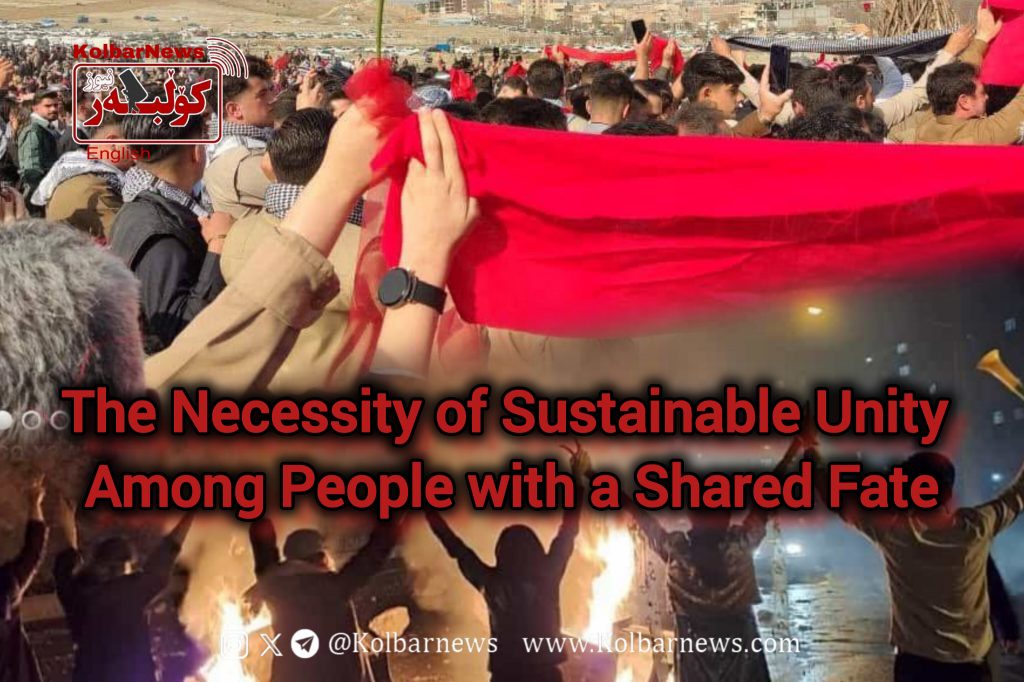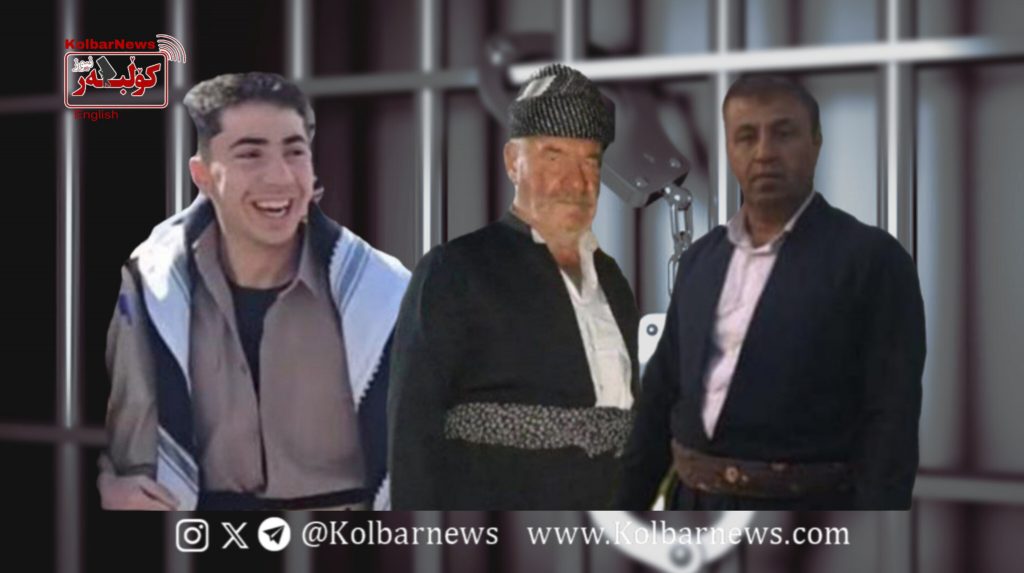
On Saturday, March 22, 2025, under the pretext of a special religious occasion, a group of Shiite Turkish-speaking residents of Urmia gathered at the invitation of a Shiite cleric. What could have been a routine and natural annual religious gathering was deliberately exploited by Pan-Turkist nationalists as a tool to create division between Kurdish and Turkish residents of Urmia. As usual, with the complicity or at least the passive tolerance of Iran’s security institutions and certain members of the city council, a group of well-known hardline elements loyal to the Islamic Republic were bussed in from various parts of West Azerbaijan Province to the gathering. Once they had infiltrated the crowd in significant numbers, they followed a pre-planned script, wielding clubs and chanting anti-Kurdish slogans.
Three days prior, a large group of Kurds with many Turkish-speaking individuals among them had celebrated Nowruz in Tir Square, Urmia. This Nowruz event, filled with dance, music, bonfires, and joy, was conducted peacefully and free of any divisive nationalistic or religious slogans. However, the Pan-Turkists, enjoying the support of Iran’s security institutions, seized the opportunity to stir up tensions and attempted to incite an ethnic and sectarian conflict in the city. Fortunately, reports from Urmia indicate that this plot was foiled thanks to the vigilance and unity of the city’s Turkish and Kurdish residents.
Urmia has long been a multiethnic city where Kurds, Turks, Armenians, Shiites, Sunnis, and Christians have coexisted peacefully. They stood together during the Women, Life, Freedom movement, united by a shared fate and a collective understanding that the Islamic Republic has systematically violated their fundamental rights. The regime continues to attempt to sow discord in various ways to weaken this unity.
For centuries, Kurdish and Turkish-speaking communities have lived side by side, from the mountains of the west to the plains of Azerbaijan. This coexistence is not only a reflection of cultural, linguistic, and social interaction but also a testament to the ability of diverse communities with shared human values to build a common future. Yet, over the past 46 years, the Islamic Republic alongside local reactionaries from both Kurdish and Turkish communities has actively tried to undermine these deep-rooted bonds.
From Urmia and Naqadeh to Miandoab, the region reflects profound Kurdish-Turkish solidarity. Here, linguistic and religious differences have acted not as barriers but as opportunities for cultural enrichment. Economic cooperation and participation in local festivals reflect a high level of mutual trust. In cities like Urmia, Kurdish and Turkish families have intermarried for decades, redefining their identities beyond ethnic boundaries. This reality disproves the extremist narrative that portrays ethnic divisions as inherent and irreconcilable.
The Islamic Republic of Iran, following the well-known colonial strategy of “divide and rule,” has deliberately fueled ethnic tensions through discriminatory policies. At the same time, Turkey and Azerbaijan, using Pan-Turkist narratives, attempt to exploit the identity of Iranian Turks for geopolitical influence. Similarly, Kurdish nationalist groups, at times driven by short-sighted interests, have also fanned the flames of division.
Kurds and Turks in Iran, despite their linguistic differences, are victims of the same oppressive system. Both communities face economic underdevelopment, cultural restrictions, and violations of civil rights. For example, youth unemployment is a critical issue in both Kurdish and Turkish-speaking areas. The Women, Life, Freedom uprising was a shining example of solidarity among people with diverse identities. The November 2019 protests against poverty and tyranny also transcended national borders. These realities prove that Kurdish-Turkish unity is not just a choice; it is a strategic necessity to confront the common roots of oppression affecting both groups.
To counter divisive plots, it is essential to strengthen solidarity among those with a shared fate. The toxic propaganda of divisive groups from both sides must be neutralized and exposed through promoting common discourse. In cities and regions where Kurds and Turks coexist, there is a need to establish supranational institutions to address local issues collaboratively.
Kurdish and Turkish workers must reinforce their unity within their class-based organizations. Women, who equally bear the burden of patriarchy and the oppressive ruling system, must stand together to overcome these injustices. Those who suffer from national oppression on both sides should not fall prey to their common oppressors. Instead, they must rely on their shared experiences to build a unified front against tyranny and reactionary forces.
Only by doing so can we hope for a future where “differences” are not seen as threats but as opportunities for growth and unity.

